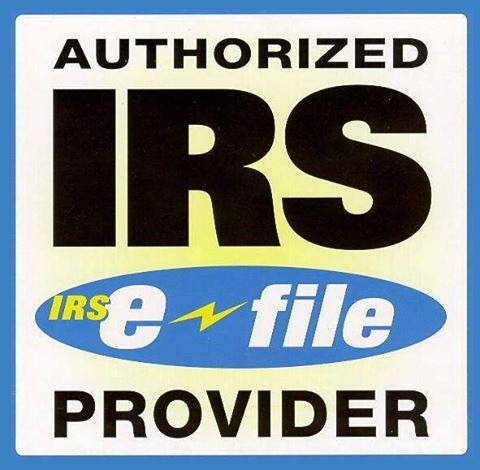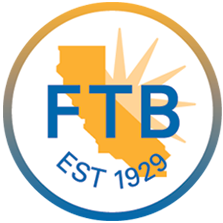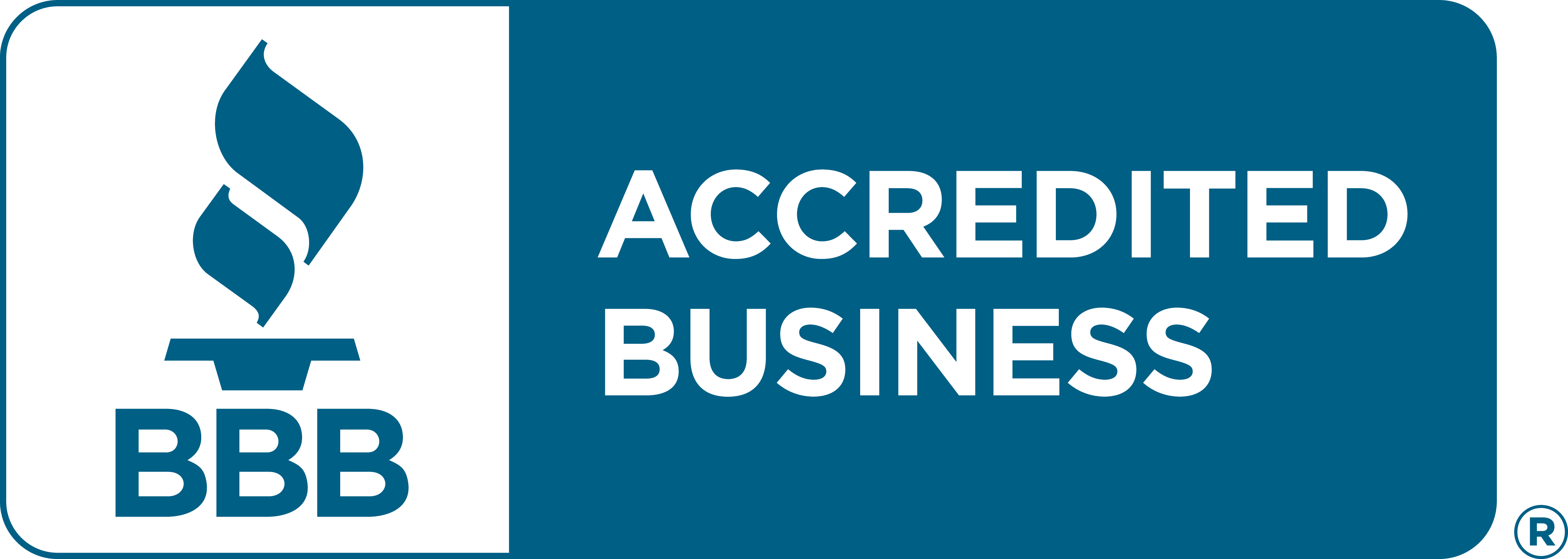Understanding IRS Tax Extensions:
Form 7004 vs. Form 4868 for Businesses and Individuals
Excise Tax Forms
Employment Tax Forms
Information Returns
Exempt Org. Forms
FinCEN BOIR
General
Tax season can often feel overwhelming for both businesses and individuals. Fortunately, the IRS offers options to extend filing deadlines if additional time is needed. Two commonly used forms for requesting extensions are Form 7004 (for businesses) and Form 4868 (for individuals). This guide compares both forms and helps determine which is right for you.
At TaxZerone, we simplify the process, ensuring you choose the correct extension form for your specific situation.
Key Differences Between Form 7004 and Form 4868
| Aspect | Form 7004 | Form 4868 |
|---|---|---|
| Purpose | For businesses seeking to extend their tax return filing deadlines | For individuals extending their income tax return deadlines |
| Extension Period | 6 months for most business tax returns | 6 months for individual income tax returns |
| Covered Tax Returns | Business returns, including partnerships, corporations, and certain trusts and estates | Individual income tax return (Form 1040) |
| Deadline | March 15 for most businesses (calendar year filers) | April 15 for most individual taxpayers |
Form 7004: Business Tax Filing Extension
What is Form 7004?
Form 7004 is the IRS form used to request an automatic extension for certain business-related tax returns. It allows businesses, trusts, and estates to extend their filing deadlines.
Who Should File Form 7004?
This form is designed for businesses and entities such as C-corporations, S-corporations, partnerships, and multi-member LLCs, as well as certain estates and trusts. Here are the most common entities eligible for Form 7004:
- C-Corporations (Form 1120)
- S-Corporations (Form 1120S)
- Partnerships (Form 1065)
- Trusts, Estates, and Other Entities (Form 1041)
Extension Period
Form 7004 generally allows for a 6-month extension, although certain estates and trusts may qualify for an extra 5½ months.
Tax Returns Covered by Form 7004
This form covers a wide variety of business returns, such as:
- Corporations: Form 1120 for C-corporations and Form 1120S for S-corporations
- Partnerships: Form 1065 for various types of partnerships
- Trusts and Estates: Form 1041 for certain estates and trusts
Deadline for Filing Form 7004
For businesses operating on a calendar year, the Form 7004 filing deadline is typically March 15. Businesses on a fiscal year have until the 15th day of the third month after their fiscal year ends.
Key Deadlines:
| Forms | Due Date | Extended Deadline |
|---|---|---|
| March 15, 2024 | September 15, 2024 |
| April 15, 2024 | October 15, 2024 |
Form 4868: Individual Income Tax Filing Extension
What is Form 4868?
Form 4868 is the IRS form used by individual taxpayers to request an extension for filing their personal income tax returns.
Who Should File Form 4868?
This form is available for individual taxpayers, including single filers, married couples (whether filing jointly or separately), and head-of-household filers. Additionally, it is useful for:
- Taxpayers in Special Circumstances: Those living overseas or in the military, as well as those facing complex tax situations (e.g., multiple income sources or large deductions).
- Taxpayers Needing More Time: Those unable to meet the standard April 15 deadline due to unforeseen circumstances.
Extension Period
Form 4868 grants a 6-month extension, moving the filing deadline from April 15 to October 15.
Tax Returns Covered by Form 4868
Form 4868 is used to extend the deadline for filing individual income tax returns. Common returns include:
- Form 1040: The standard U.S. individual income tax return
- Form 1040-SR: For seniors aged 65+
- Form 1040-NR: For nonresident aliens with U.S. income
Deadline for Filing Form 4868
The filing deadline for Form 4868 is April 15. If you miss this date, penalties may apply.
Choosing the Right Extension Form with TaxZerone
- Entity Type: Use Form 7004 for businesses, trusts, and estates, and Form 4868 for individual taxpayers.
- Tax Return Type: Form 7004 covers business-related returns, while Form 4868 is strictly for individual income tax returns.
- Deadline Awareness: Ensure you file the extension before your original return due date to avoid penalties.




